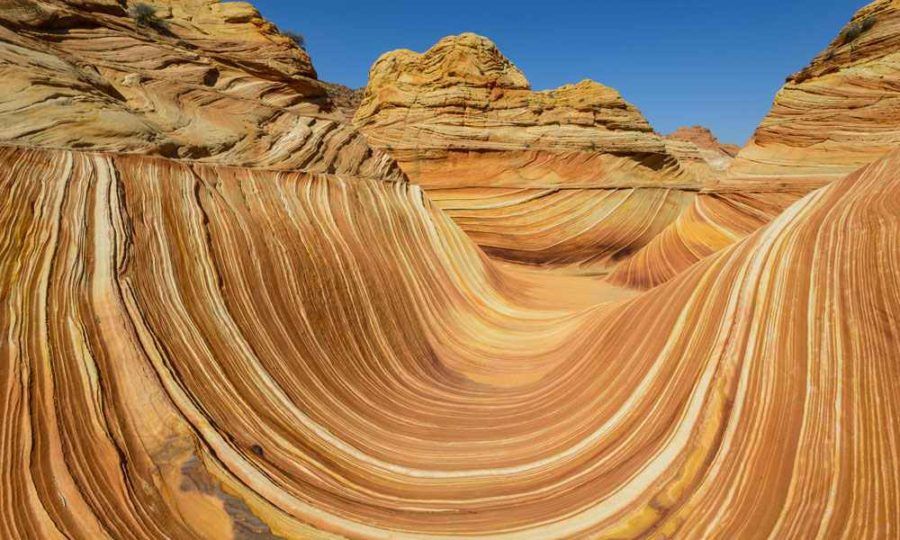
Science in the Glorious Quran: Geology
Geology is an Earth science comprising the study of the solid earth, the rocks of which it is composed, and the processes by which they change. Geology gives insight into the history of the Earth by providing the primary evidence for plate tectonics, the evolutionary history of life, and past climates. Geology is important for exploitation and evaluation of water resources and the understanding of environmental problems.
In the Bible, the sequences of the creation of the Earth, the formation of water, day and night, the appearance of the land and sea and the appearance of vegetation and animals are confusing.
According to Genesis, in the beginning, God created the heavens and the Earth and divided the light (day) from the darkness (night), on the first day (Genesis, 1:1-4). He made the expanse Heaven and divided the waters beneath the expanse from the waters above the expanse on the second day (Genesis, 1:5-9). Water was collected together into the seas and the dry land was called the Earth where grass and plants sprouted on the third day (Genesis, 1:11-13). God made a great luminary (the sun) for the day and lesser luminaries (the moon and the stars) for the night on the fourth day (Genesis, 1:14-19).
On the contrary, there are several Qur’anic verses dealing with geological phenomena which have been discovered by us fairly-recently, using sophisticated and advanced machines. These phenomena include the tectonic structure and the fissures of the Earth, mountains, the internal waves in deep oceans and fire beds in their bottoms, and the source of iron of the Earth. The Qur’an also deals with fossils, the water cycle and the formation of clouds and the importance of water for life.
In this section, we will briefly review different geological subjects in the glorious Qur’an. You will notice that these phenomena are described accurately and in complete agreement with recent scientific discoveries.

